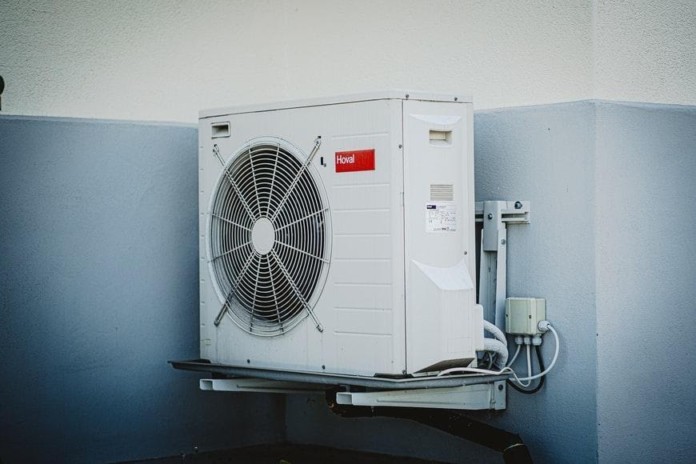A heat pump is an energy-efficient choice for many homeowners as it can both heat and cool the entire home. Whether you’re planning to upgrade your current heat pump to a more efficient and modern model or simply want to install a brand new system for your home, there are several things you need to consider when making this decision, and even more factors that will impact your choice in the end.
Here are some of the major considerations for installing a heat pump.
Complete an EnerGuide Home Evaluation
One of the first steps you need to take is to hire a Certified Energy Advisor to complete an EnerGuide Home Evaluation. This will ensure your home is well-insulated, airtight, and energy-efficient. General Air Conditioning & Plumbing notes that the evaluation aims to provide you with an EnerGuide rating with recommendations on upgrades to help you maximize energy savings. A pre-upgrade evaluation can cost anywhere from $400 to $600.
Find the Right Contractor
To ensure your heat pump works well, you need someone who knows what they are doing. You should hire a licensed and insured local contractor that has experience installing heat pumps. They should be able to provide references from past customers and should be willing to show you their business license. Get quotes from at least two or three contractors and verify their experience upgrading your heat pump system, either ductless, central air-to-air, or air-to-water.
Ask for Heat Loss Calculations
Before deciding on equipment, find out how much heat your home loses. A heat loss calculation will tell you what size heat pump is appropriate for your home. This is especially important for central air-to-air heat pumps, as you’ll need to make sure that the heating ducts have return air and are sized to distribute enough heat throughout the house. Verify whether you require an electrical service upgrade too.
Confirm Proper Equipment Selection
Consider your climate zone and choose a heat pump that matches the number of heating degrees to reduce your energy costs. Heat pumps are also designed for specific applications, so be sure that the heat pump you choose is compatible with existing equipment and systems in place at your property. Confirm proper equipment selection with your local heat pump dealer. The last thing you want to do is spend money on a heat pump and not have it properly matched to your home.
Finalize Equipment Sitting and Installation
Your heat pump needs to be sitting in a level area, so it’s important to have your installer take care of that when they install it. It should be placed where there’s good airflow around it and proper winter protection against ice build-up. Installation of your heat pump will likely take a couple of days, so you’ll want to make sure the area is kept clear for the entire time. Ensure you’re also compliant with noise or appearance bylaws in your area as well. Finally, installation should always be done by qualified professionals.
Ensure System Settings Are Correct
You should also ensure that your heat pump settings are correct. Verify with your technician that the heat pump is correctly programmed for summer operation (cooling) and winter operation (heating). Ensure it’s configured correctly for your location and for the temperature you want. This is critical to getting the most out of your system. The wrong settings can result in the system working very inefficiently, which will drive up your energy costs.
Follow Scheduled Maintenance
To ensure your heat pump continues to provide heating and cooling without unexpected downtime, following the manufacturer’s scheduled maintenance guidelines is essential. A heating expert should be able to help you develop a schedule that works for your property. For instance, a bi-annual inspection of the heat pump system helps check if it’s performing efficiently and effectively. This should also include checking wiring, controls, refrigerant levels, and more.
Enjoy Reliable, Even Heating Throughout Your Home
A heat pump is one of the best investments you can make because it will provide more reliability and even heat throughout your home. It’s also a more environmentally-friendly option than other heating systems due to its increased energy efficiency. Just make sure to keep in mind these considerations before installing your heat pump.




